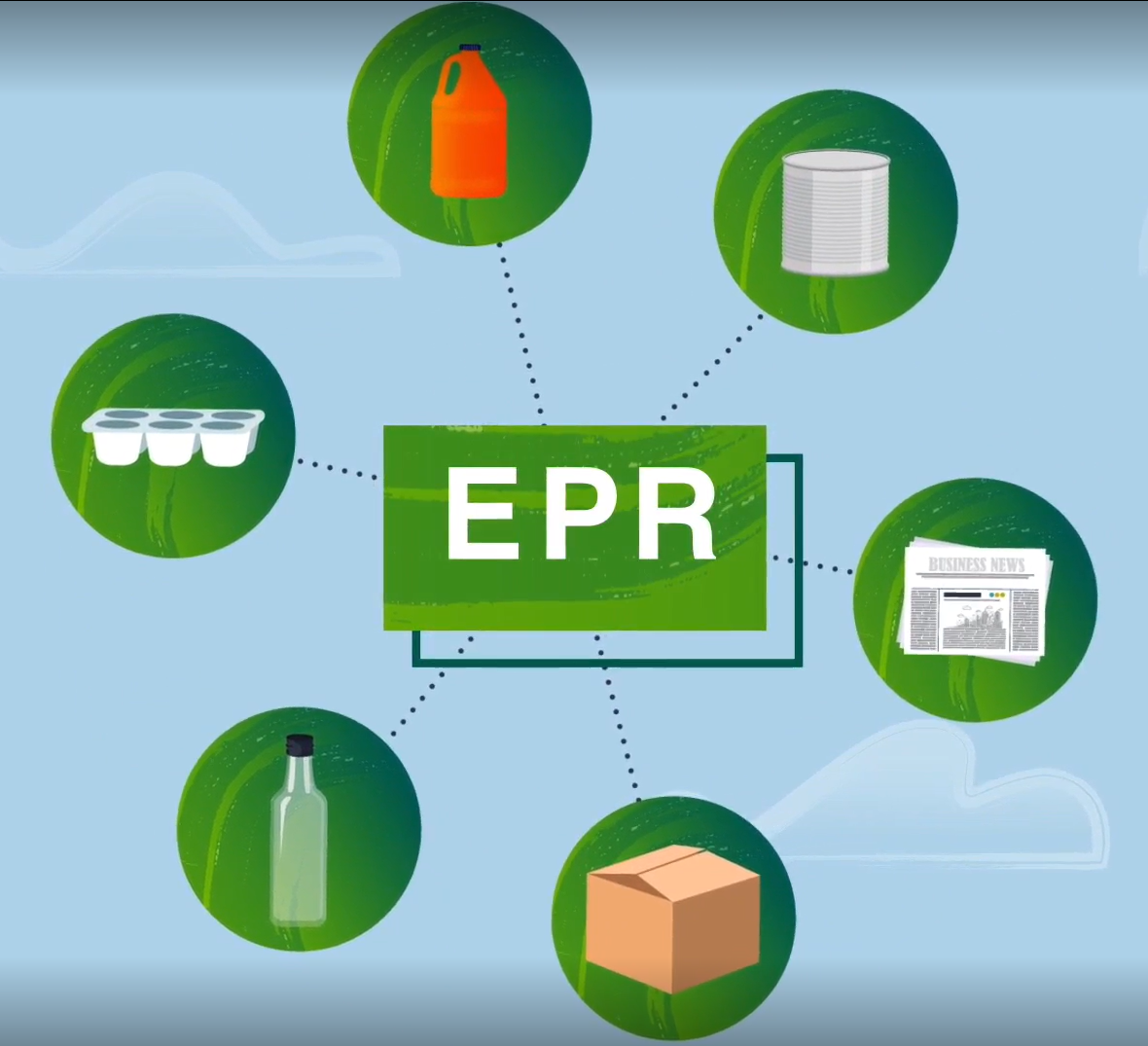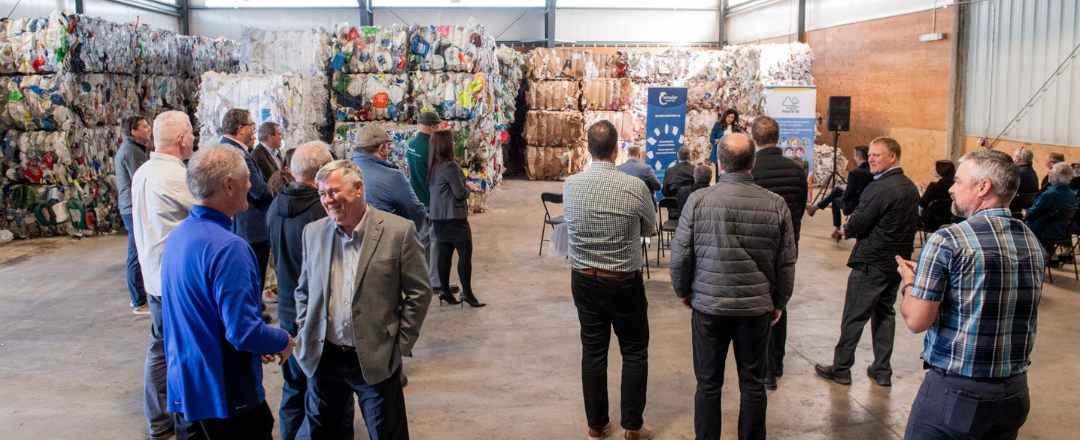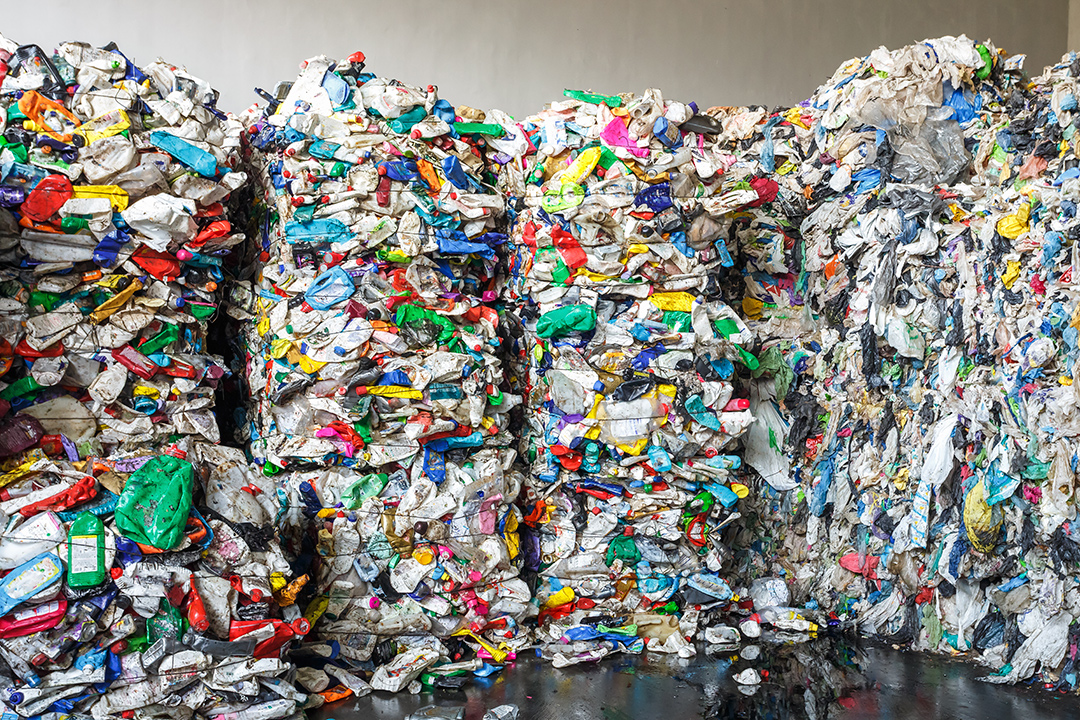What is extended producer responsibility?
Extended producer responsibility creates effective recycling programs that contribute to a circular economy.
Overview
Extended producer responsibility, or EPR, is a policy approach in which producers – the businesses that supply packaging and paper – are financially responsible and accountable for those materials over their full life cycle.
Recycling programs founded on the principles of extended producer responsibility improve recycling rates and encourage the more efficient use of materials.
Play videoEPR is fundamental to advancing the circular economy
EPR legislation requires producers to take responsibility for the end-of-life management of the materials they supply to consumers.
Regulations are introduced at the provincial level that contain material targets and producer obligations.
Once EPR is implemented in a province, there is a consistent material list and an integrated material management supply chain. Materials are in a constant loop and being reused as recycled content in new packaging and products.
EPR enables innovation, operational efficiencies, increased standard levels and access to materials. It is recognized as one of the most effective mechanisms for improving recycling rates.
EPR in Canada
Find out more about provincial extended producer responsibility regulations for packaging in Canada.
Learn morePrinciples of extended producer responsibility programs
The following principles contribute to effective extended producer responsibility programs.
Latest updates
Read the latest news about extended producer responsibility programs for packaging across the country.
New Brunswick Marks One Year Since Transition to Extended Producer Responsibility
Learn MoreExpansion to schools, multi-family dwellings and public spaces set to enhance recycling services by 2027
First-of-its-kind Material Access Program will return recycled material back to producers
Learn MoreCircular Materials is developing a first-of-its-kind Material Access Program, which will return recycled material directly back to producers for use in new products and packaging. This advanced and scalable solution will create a closed loop supply chain, enabling our producer members to meet recycled content targets and goals across the country.



